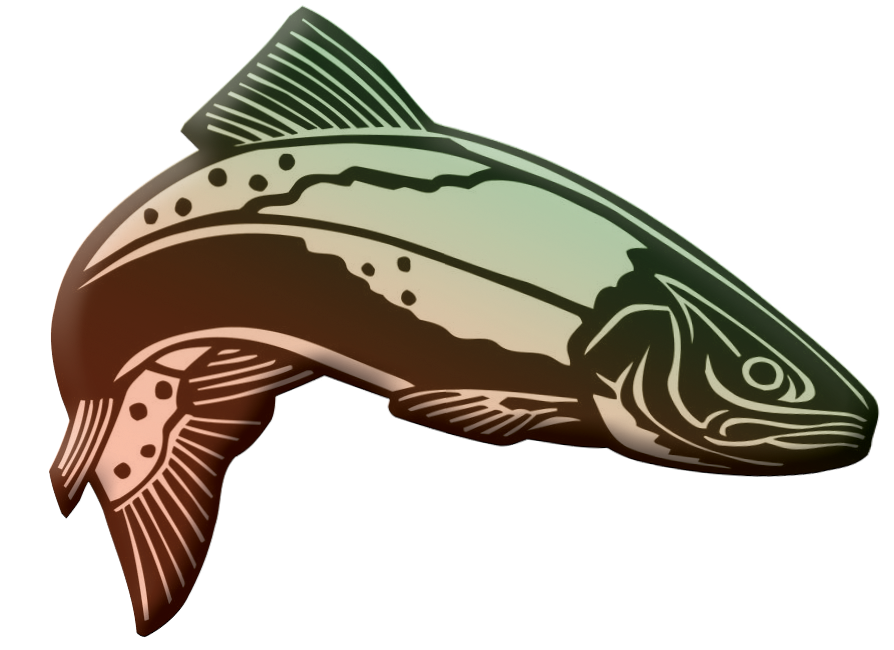Ranches at Belt Creek: Lake Whitefish
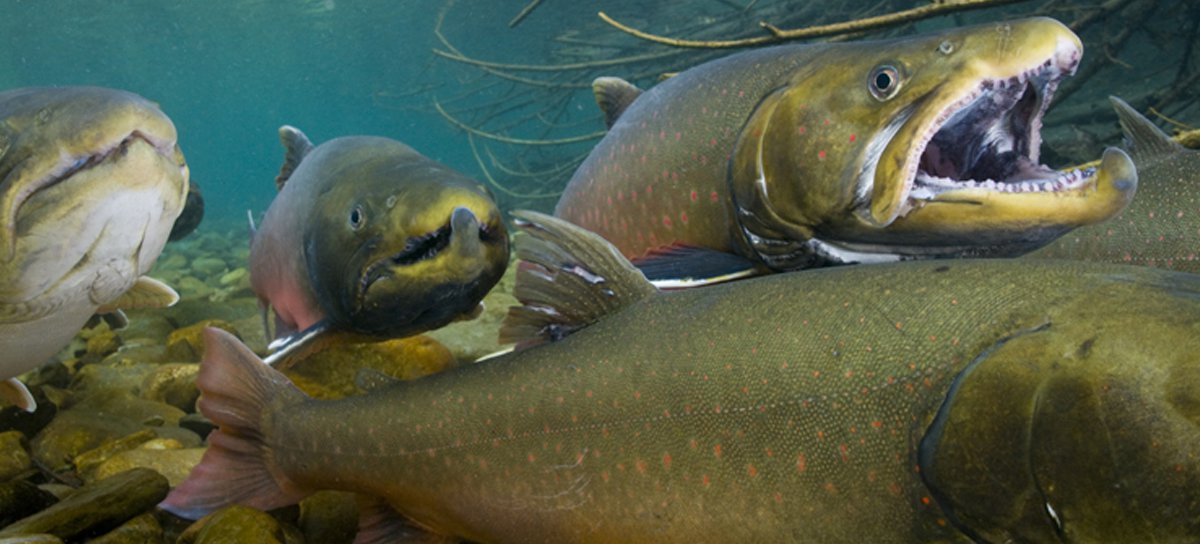
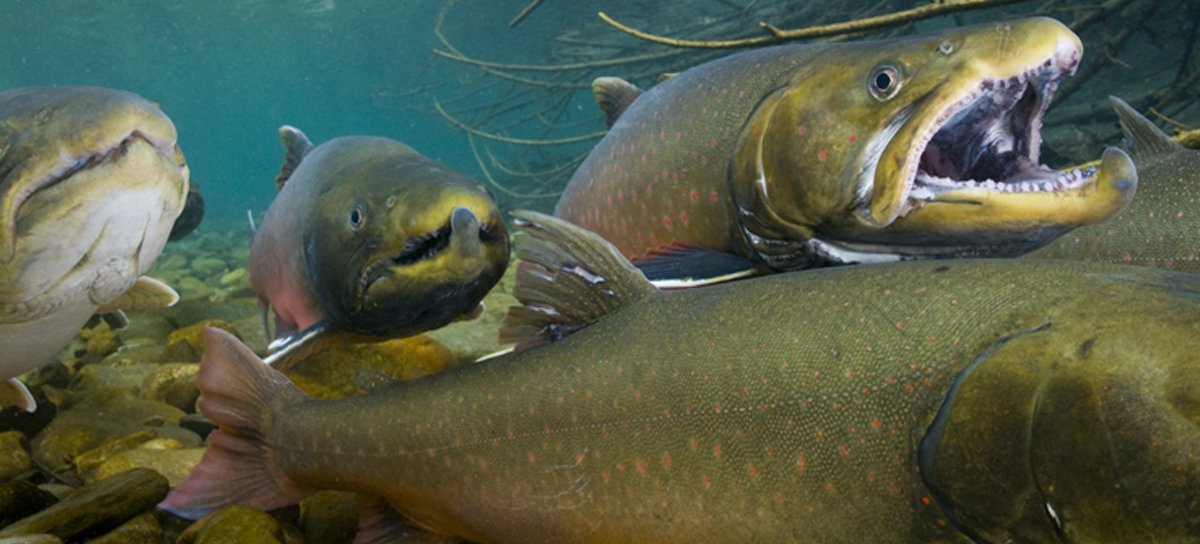
No Fish Has Been More Crucial
to Our Wellbeing
No Fish Has Been More Crucial To Us
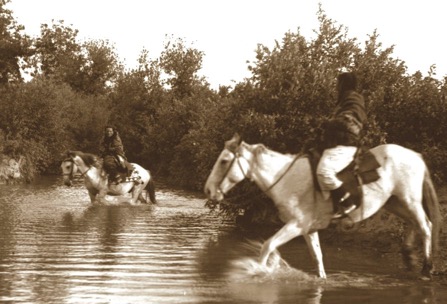

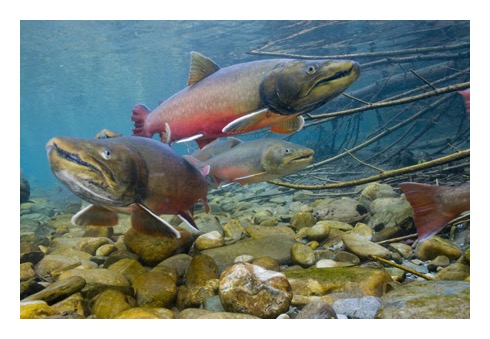
Flathead Lake was especially important with respect to bull trout and westslope cutthroat trout. The Pend d’Oreille band that lived in the Flathead Lake area was known in the Salish language as “The People of the Broad Water”, after the name of the lake, which translates
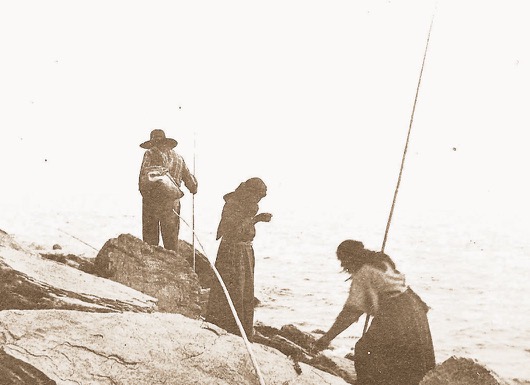
The importance of bull trout to us is evidenced today by the substantial efforts we have made to restore bull trout. And today, hunting and fishing remain one of the most important opportunities for our young people to learn about our culture, traditions, and history.
Native Fish Keepers Inc. plays a vital role in our effort to conserve and protect bull trout by reducing the numbers of non-native lake trout and lake whitefish. When you purchase our delicious fillets, you are not only purchasing one of the best eating freshwater fish available, you are helping us restore native trout populations in Flathead Lake.
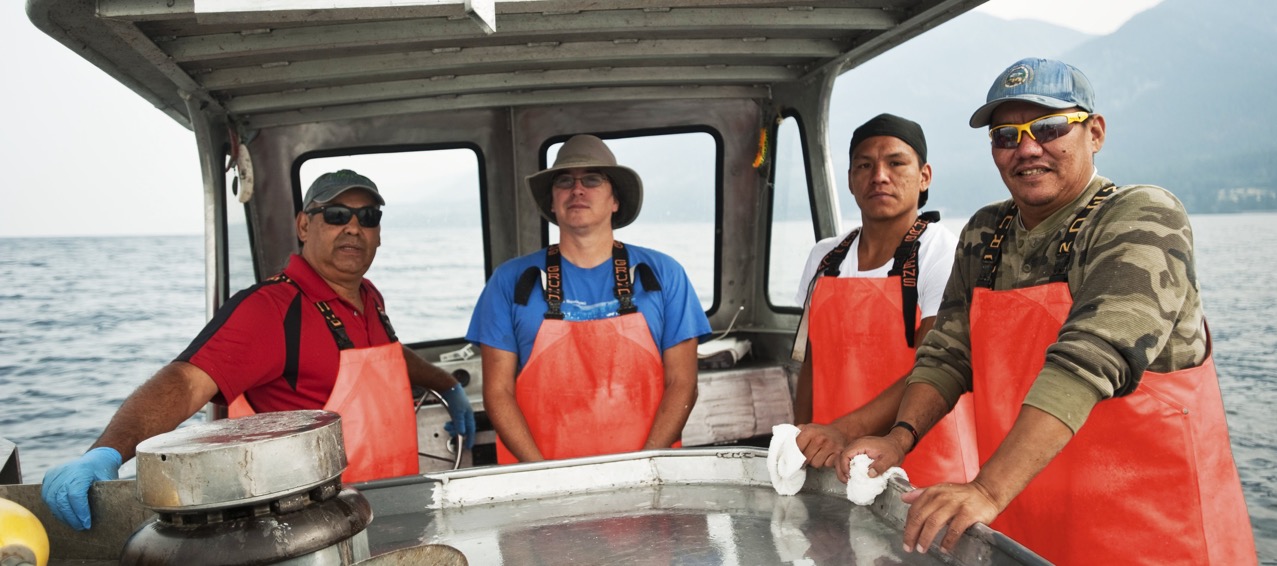



Flathead Lake was especially important with respect to bull trout and westslope cutthroat trout. The Pend d’Oreille band that lived in the Flathead Lake area was known in the Salish language as “The People of the Broad Water”, after the name of the lake, which translates

The importance of bull trout to us is evidenced today by the substantial efforts we have made to restore bull trout. And today, hunting and fishing remain one of the most important opportunities for our young people to learn about our culture, traditions, and history.
Native Fish Keepers Inc. plays a vital role in our effort to conserve and protect bull trout by reducing the numbers of non-native lake trout and lake whitefish. When you purchase our delicious fillets, you are not only purchasing one of the best eating freshwater fish available, you are helping us restore native trout populations in Flathead Lake.




Flathead Lake was especially important with respect to bull trout and westslope cutthroat trout. The Pend d’Oreille band that lived in the Flathead Lake area was known in the Salish language as “The People of the Broad Water”, after the name of the lake, which translates

The importance of bull trout to us is evidenced today by the substantial efforts we have made to restore bull trout. And today, hunting and fishing remain one of the most important opportunities for our young people to learn about our culture, traditions, and history.
Native Fish Keepers Inc. plays a vital role in our effort to conserve and protect bull trout by reducing the numbers of non-native lake trout and lake whitefish. When you purchase our delicious fillets, you are not only purchasing one of the best eating freshwater fish available, you are helping us restore native trout populations in Flathead Lake.

Native Fish Keepers, Inc.
408 6th Ave. East
Polson, MT 59860
© 2017 Confederated Salish and Kootenai Tribes
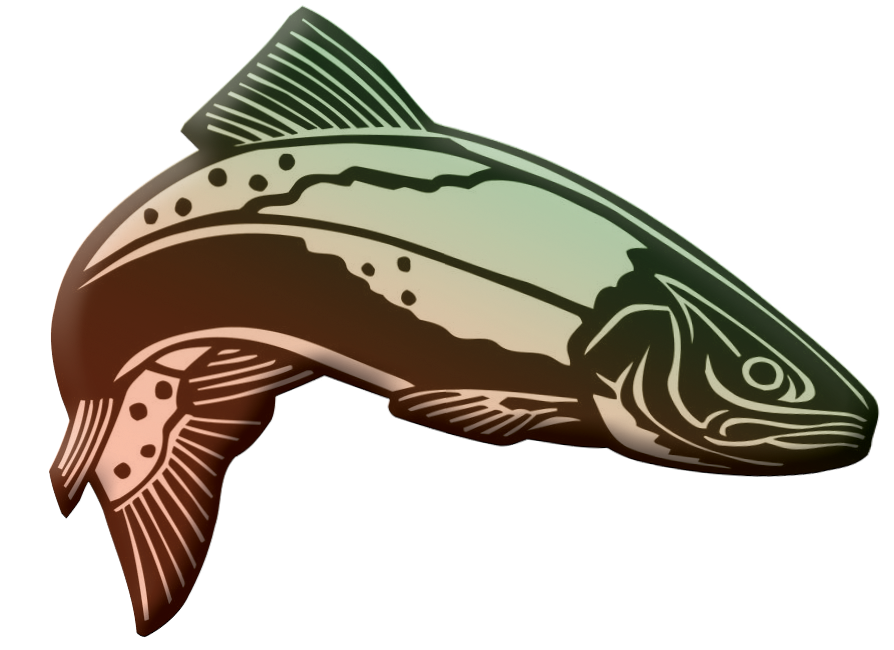

Native Fish Keepers, Inc.
408 6th Ave. East
Polson, MT 59860
© 2017 Confederated Salish and Kootenai Tribes
